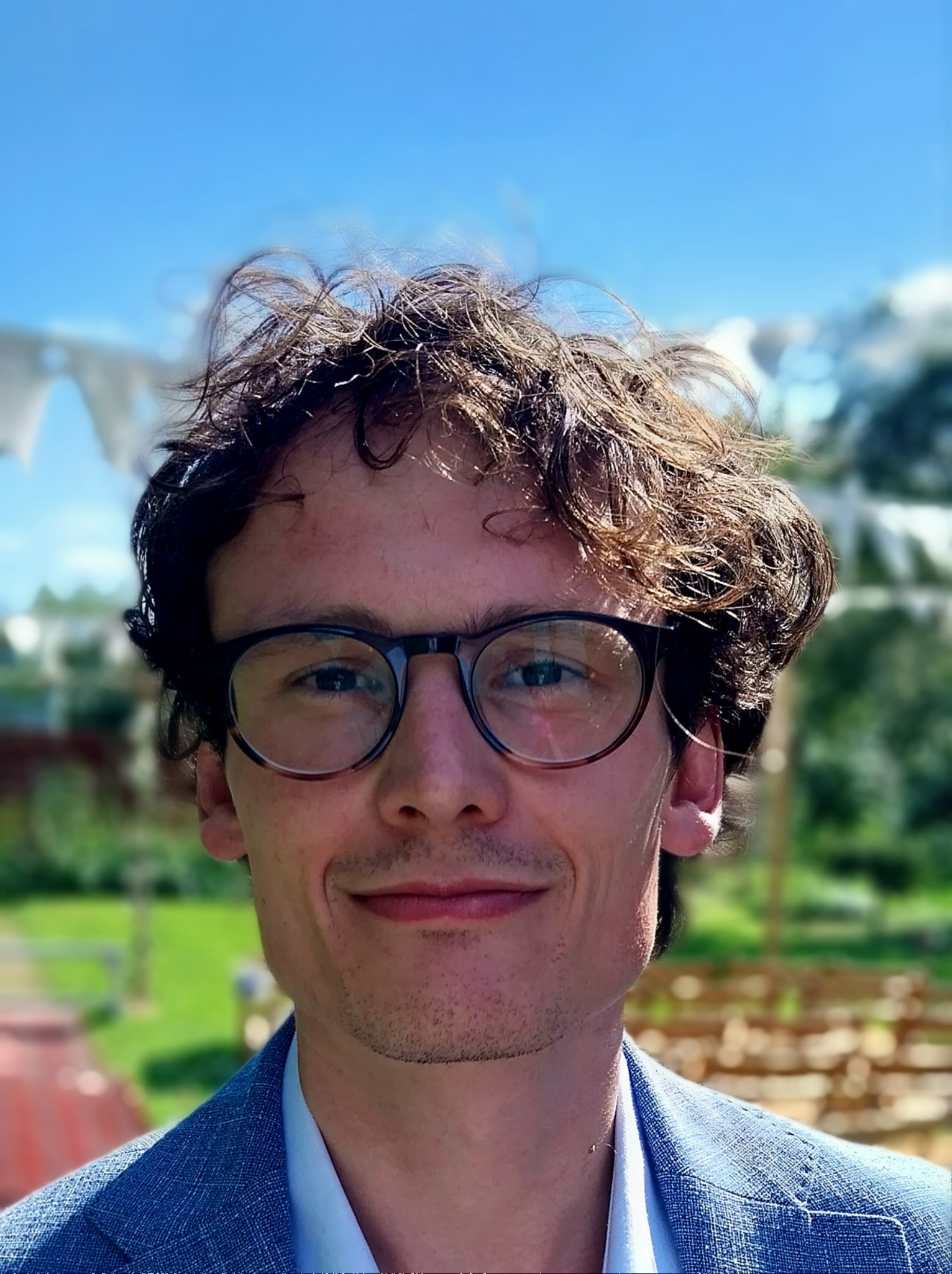At the Amsterdam institute for Immunology and Infectious diseases (AI&I), we are proud of the diverse and impactful research taking place across our institute. To provide direction and focus, we have identified three focus areas where we aim to stimulate and organize research for greater impact: PAIS, Immunomonitoring, and Vaccination.
Over the coming year, we will focus on one key area (PAIS, Immunomonitoring and Vaccination) each quarter, sharing a series of articles that explain important knowledge, challenges, and real-world impact.
In Q4 2025, the spotlight is on Post-Acute Infection Syndrome (PAIS). In this article, written in collaboration with AI&I researcher Brent Appelman, we explore the topic in depth.
What is PAIS?
Post-Acute Infection Syndrome (PAIS) is an umbrella term for persistent or recurring symptoms that continue after the resolution of an acute infectious illness. While the original pathogen may no longer be detectable, patients with PAIS often suffer from debilitating symptoms such as fatigue, cognitive impairment (“brain fog”), dyspnea, musculoskeletal pain, and sleep disturbances.
PAIS encompasses several known post-infectious syndromes, such as post-COVID, post-treatment Lyme disease syndrome (PTLDS) and Q fever fatigue syndrome. But also bacterial infections, such as pneumonia or sepsis, can lead to persistent symptoms long after the acute illness has passed. The underlying pathophysiology remains incompletely understood, though current research points to a complex interplay of sustained immune activation, viral persistence, ongoing inflammation, dysautonomia, and auto-immunity.
Recent momentum in the PAIS field
According to Brent Appelman, ‘The COVID-19 pandemic was a turning point for PAIS research. Post-COVID brought the global spotlight to post-infectious syndromes, accelerating scientific research, funding, and collaboration. As a result, PAIS is now gaining recognition as a serious and complex clinical entity across multiple disciplines.’
The scale of post-COVID has prompted researchers to look for shared mechanisms across PAIS conditions. Symptoms across these syndromes are often strikingly similar, raising the possibility that common mechanisms are at play.
A remaining challenge is recognition: when symptoms emerge weeks after a mild infection, the connection to the original illness can be overlooked, particularly in cases without clear diagnostic markers. As Appelman notes, ‘For many PAIS patients, especially those with mild infections, making that link can be incredibly difficult.’
Post-COVID as a PAIS model
Brent Appelman and colleagues began their post-COVID research in the clinic, where they started the post-COVID outpatient clinic at Amsterdam UMC in 2021. Initially focused on patients recovering from severe hospitalized SARS-CoV-2, it quickly became clear that even those with mild infections were presenting with debilitating symptoms and a severely reduced quality of life months after infection.
This realization led to a multi-disciplinary research program involving clinical, immunological, and movement science teams, aiming to uncover the underlying mechanisms of post-COVID.
Key projects of this multi-disciplinary research group include:
- Autoimmune involvement: A key study showed that transferring IgG antibodies from post-COVID patients to mice caused persistent sensory and motor symptoms, suggesting that antibodies could contribute to certain post-COVID symptoms, though the precise mechanism is still unclear
- Post-exertional malaise and muscle pathology: Another study found structural abnormalities in muscle tissue in post-COVID patients following
exertion, supporting the idea that fatigue has a measurable, physical cause - Immune pathway disruption: This research project investigated the kynurenine pathway, with particular focus on the enzyme IDO2, which shows prolonged dysregulation in PAIS patients
Looking ahead, AI&I researchers will launch three clinical trials on post-COVID mechanisms and interventions, while deepening collaboration with national and international PAIS research consortia to explore shared pathophysiological mechanisms with related syndromes.
What is next in PAIS research?
The most exciting and urgent questions ahead revolve around improving diagnosis, treatment, and long-term outcomes for patients. Translational research is central: insights from clinical care inform laboratory hypotheses, which in turn shape new diagnostics and therapies that are brought back to the bedside.
Appelman explains: ‘We approach the research from a patients perspective'. If we see something striking in our patients, we investigate it and look for parallels across other PAIS conditions.’
This continuous feedback loop is essential in a field where many patients still struggle with recognition, validation, and care.

Final thoughts
PAIS is more common, and more complex, than often assumed. Whether it follows a SARS-CoV-2 infection, sepsis, Lyme disease, or Q fever, it demands a coordinated, multidisciplinary response. At AI&I, we have world-leading expertise in many of these other PAIS and we stimulate collaboration between basic scientists and clinicians from Amsterdam UMC and its strategic partners.
Stay tuned for the next articles in this PAIS series, where we will delve into the challenges and real-world impact of research projects.
AI&I annually awards one or more €20,000 Collaboration Grants, and recently also offers them within its three designated focus areas. One of these areas is PAIS, which aims to promote and support research in this field. In 2025, two PAIS grants were awarded to the following collaborative research teams:
- Carla Ribeiro, René Lutter, and Sevtap Yasinoglu from the Center for Infection and Molecular Medicine, Respiratory Medicine and Experimental Immunology
- Katherine Stevens, Abhijeet Nayak, and Diana Carolina Muñoz Sandoval from Sanquin Bleeding and Hemostasis and the Center for Infection and Molecular Medicine
The 2026 Collaboration Grant invites researchers again to submit a collaborative PAIS proposal. Applications are open until November 1, 2025. Visit our website for updates and details.
Text: Esmée Vesseur and Brent Appelman

